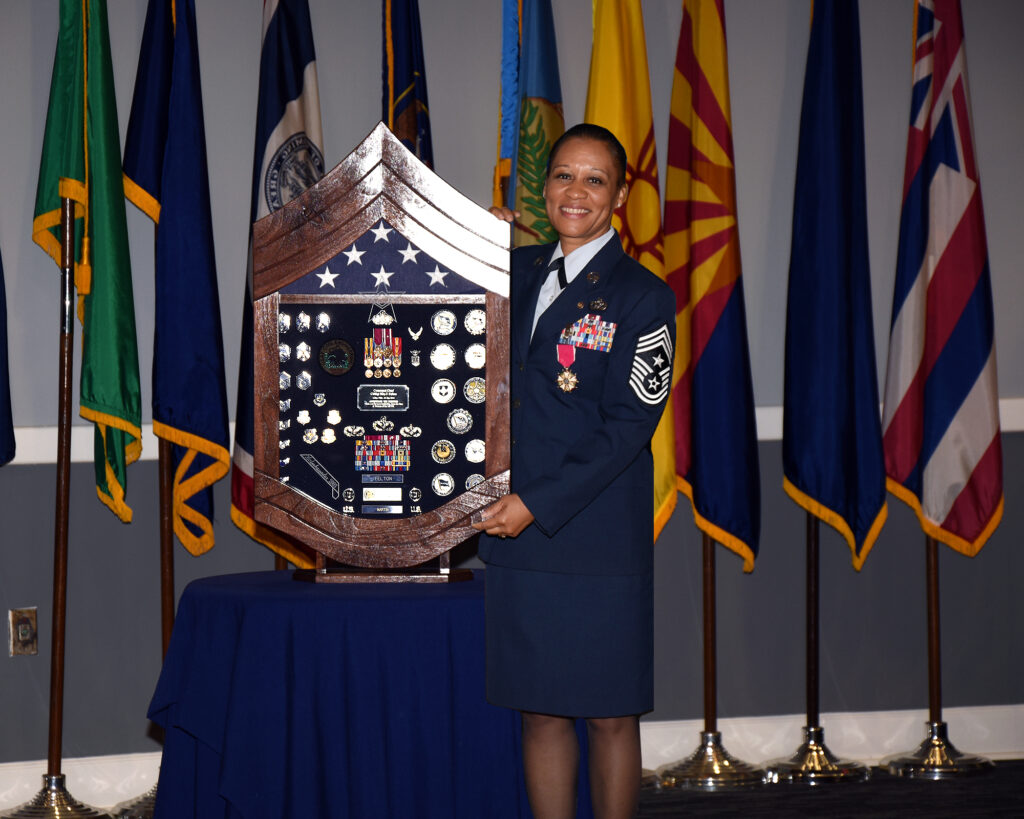The Veteran’s Advantage: Navigating Success with Military Skills

Using Military Skills to Earn: A Pathway to Success
Transitioning from military service to civilian life can be a daunting task for many veterans. However, the skills acquired during military training and service can be invaluable in the civilian workforce. This article explores how military skills can be leveraged to earn a living, highlighting various career paths, examples, and strategies for successful transition.
The Value of Military Skills in the Civilian Workforce
Military personnel are trained in a variety of skills that are highly sought after in the civilian job market. These skills include leadership, teamwork, problem-solving, and technical expertise. According to a report by the U.S. Bureau of Labor Statistics, veterans have a lower unemployment rate compared to non-veterans, indicating that military experience is often viewed favorably by employers.
Key Skills Acquired in the Military
Veterans possess a unique set of skills that can be directly applied to various industries. Some of these skills include:
- Leadership: Military training emphasizes the importance of leading teams under pressure, making veterans excellent candidates for management roles.
- Discipline: The structured environment of the military instills a strong work ethic and commitment to tasks.
- Technical Skills: Many military roles require specialized technical training, which can translate into high-demand civilian jobs.
- Adaptability: Veterans are trained to think on their feet and adapt to rapidly changing situations, a valuable trait in any workplace.
Career Paths for Veterans
There are numerous career paths available for veterans looking to utilize their military skills. Here are some popular options:
1. Project Management
Veterans often excel in project management roles due to their experience in planning, executing, and overseeing complex operations. The Project Management Professional (PMP) certification is a valuable credential that can enhance job prospects in this field.
2. Information Technology
With the increasing reliance on technology, veterans with technical training can find lucrative opportunities in IT. Roles such as cybersecurity analyst, network administrator, and software developer are in high demand.
3. Law Enforcement and Security
Many veterans transition into law enforcement or private security roles, where their military training in tactics and crisis management is directly applicable. The Bureau of Labor Statistics projects a steady growth in these fields.
4. Entrepreneurship
Some veterans choose to start their own businesses, leveraging their leadership and strategic planning skills. Programs like the Small Business Administration’s (SBA) Boots to Business initiative provide resources and training for veteran entrepreneurs.
Case Studies: Successful Transitions
Several veterans have successfully transitioned to civilian careers by leveraging their military skills. Here are a few notable examples:
- David Johnson: A former Army sergeant, David utilized his leadership skills to become a project manager at a major construction firm. He credits his military training for his ability to manage teams effectively.
- Sarah Thompson: After serving in the Navy, Sarah pursued a career in cybersecurity. She completed a certification program and now works as a cybersecurity analyst, earning a six-figure salary.
- Mark Stevens: Mark started his own landscaping business after leaving the Marines. He used the skills he learned in logistics and management to build a successful company that employs other veterans.
Strategies for Transitioning Successfully
To maximize the potential of military skills in the civilian workforce, veterans can adopt several strategies:
- Networking: Building connections with other veterans and professionals can open doors to job opportunities.
- Continuing Education: Pursuing additional certifications or degrees can enhance employability and skill sets.
- Utilizing Veteran Resources: Organizations like the American Legion and Veterans of Foreign Wars offer resources and support for transitioning veterans.
Conclusion
In conclusion, the skills acquired during military service are not only valuable but also highly transferable to the civilian workforce. By understanding their strengths and exploring various career paths, veterans can successfully transition into fulfilling and lucrative careers. With the right strategies and support, military skills can indeed pave the way for a prosperous future.



